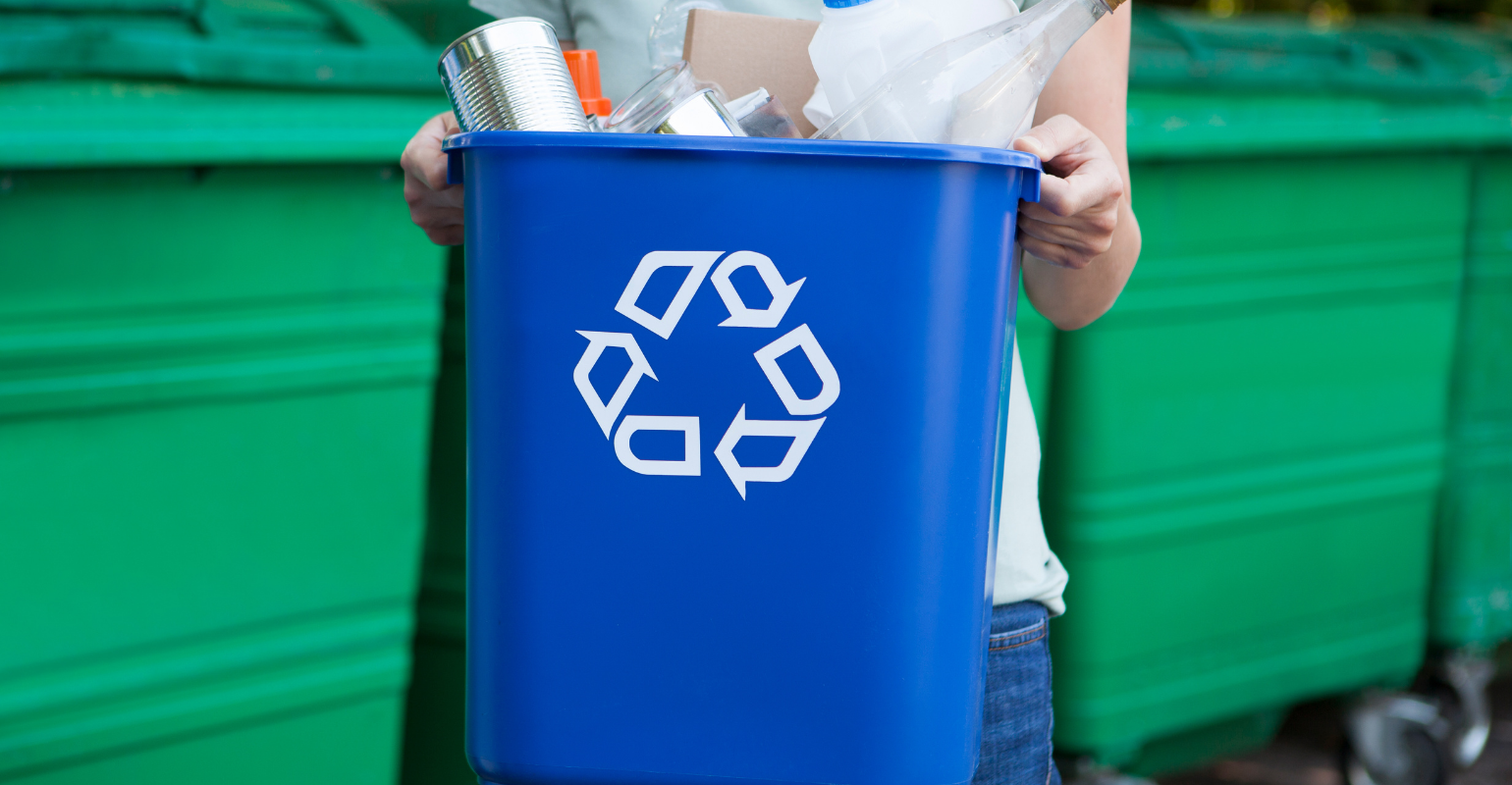Recycle waste into money! It sounds crazy but it’s already happening!
Yes, we have to confess doing business with waste is certainly not for the faint-hearted or sensitive. But the payoff can be huge those who give it a go.
More than 75 percent of waste produced around the world is recyclable. Waste recycling is the biggest segment of the waste business and produces raw and semi-finished materials which are sold to industries that use them to produce new products. Waste recycling could also produce finished products that could be sold directly to the market. The most commonly recycled materials in the world include: plastics, rubber, glass, metal and textiles. Let‘s look at the potential of these materials below:
Paper – This usually makes up a large portion of the waste collected. With countries like Rwanda, Uganda and a few others that have banned the use of plastic and nylon bags, recycled paper is becoming the top choice for producing biodegradable paper products. More waste paper from discarded newspapers, magazines, cardboard and old books is recycled into shopping bags, cardboard and cartons for new products (such as electronic equipment, etc). Potential buyers of processed waste paper are pulp and paper mills, market vendors, paper dealers and middlemen.
Plastic – This is arguably one of the most common forms of waste in urban African areas and is quite notorious for blocking drainage and river channels. Waste plastic such as PET bottles, shopping bags, empty product sachets and wraps can be melted down and formed into an amazing range of new and reusable products.
Metal – Scrap metal, auto wrecks, aluminum (beverage) cans, used copper wires and used metal sheets can be recycled into new products or sheet metal for foundries and the manufacturing industry.
Rubber – Disposed vehicle tires, old rubber footwear and other waste material made of rubber can be recycled into new products (such as shoes, sandals, mats and carpets). Tire manufacturers and industries that use boilers (like cement production factories) are also top users of rubber waste.
Textiles – Old clothes can be recycled and used for the production of doormats, cushions, mattresses, clothing, homemade caps and duster coats, stuffing dolls and several other products. Recycled textiles are also used in the production of high-quality paper.
Organic fertilizers – With the growing global demand for organically produced foods, there is a big opportunity for organic fertilizers both for use in Africa and for export to foreign markets.
Business Concept
The various options above clearly demonstrate that there are so many different business concepts that can be based on recycling‘ – the material and products simply vary widely. What‘s important is that you choose an area you feel passionate about, be it design, manufacturing, or agriculture. Right now, all of these materials will be greatly in demand, because the majority of Africans need access to affordable material and your recycling business can provide just that. The success of your business is based on that rationale.
Top Countries & Policy Guidance
Most Africans own incredible traditional recycling skills and with a wide availability of waste material a recycling business could work across Africa. Your products could then be sold locally and through intra-African trade routes.
Action & Tips
Get inspired at African recycling markets, by African entrepreneurs in the field, and look at what a big range of recycling systems and products the world at large has to offer. This is about finding a worthwhile product and then introducing it into your African market.
Success stories
Lorna Rutto – EcoPost (Kenya)
Innovative entrepreneur Lorna Rutto founded EcoPosts in 2010 and she has since built a successful business by manufacturing fencing posts out of plastic waste. EcoPost has workers who collect the plastic waste in Kenya‟s streets and waste sites; it is then manufactured through a relatively simple process into posts that are used for construction sites, fencing, and roadside posts. It is an environmentally friendly and cheaper alternative to timber posts and takes plastic waste off the streets.
In its first eight months of operations, EcoPost manufactured 5,000 posts, removing 300 tons of plastic waste from the environment. „That‟s 500 trees that won‟t be chopped down,‟ Lorna states. Lorna‟s business is said to have reached the US$100,000 mark last year and her story has been featured across Africa business media channels.
Bethlehem Tilahun Alemu – SoleRebels (Ethiopia)
Bethlehem founded SoleRebels in 2004 in a quest to help her impoverished community, and she has since then built a very successful African footwear brand made from waste and recycled materials. Her business makes footwear from used car tyres, old military uniforms and other waste materials.
Bethlehem has used the artisan skills of locals and has started selling her eco-footwear online in Ethiopia and around the world. SoleRebels is now a million-dollar company which has been featured throughout the media. Bethlehem is now one of the Young Global Leaders of the World Economic Forum on Africa.
